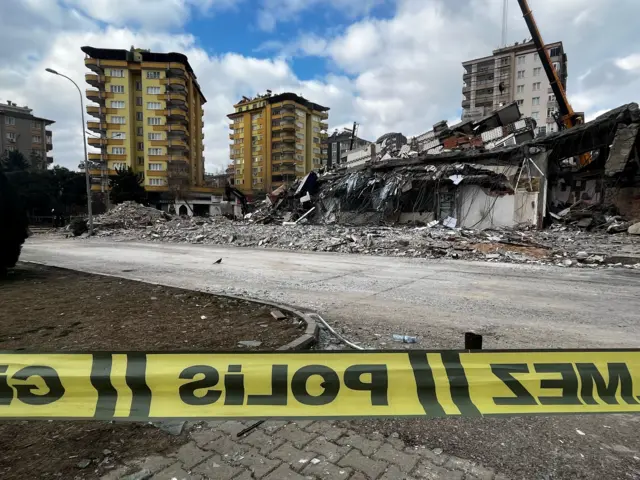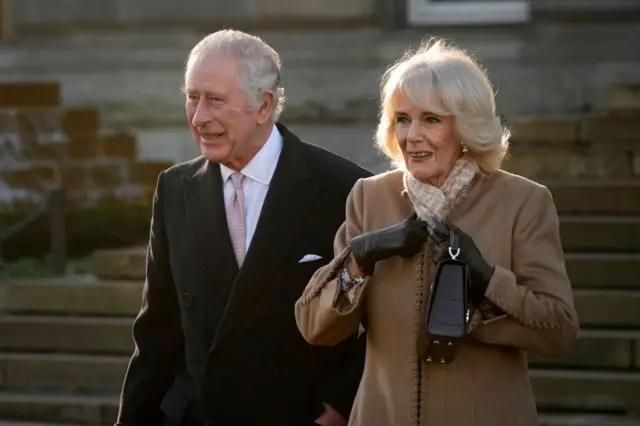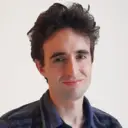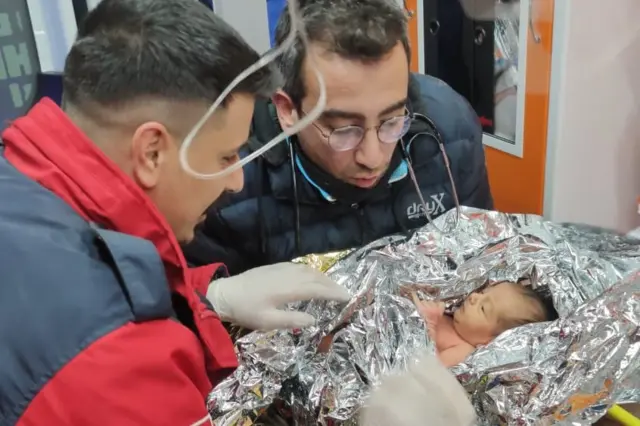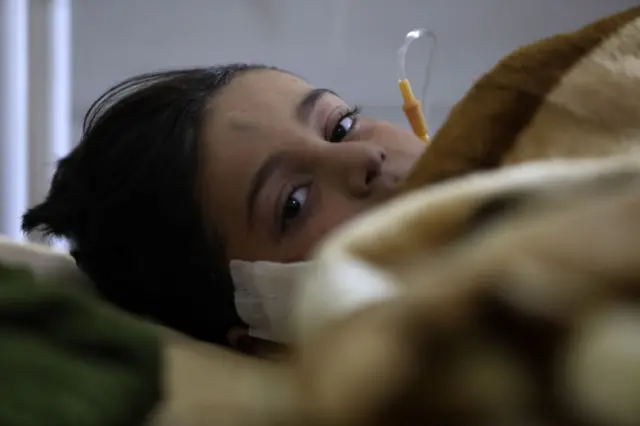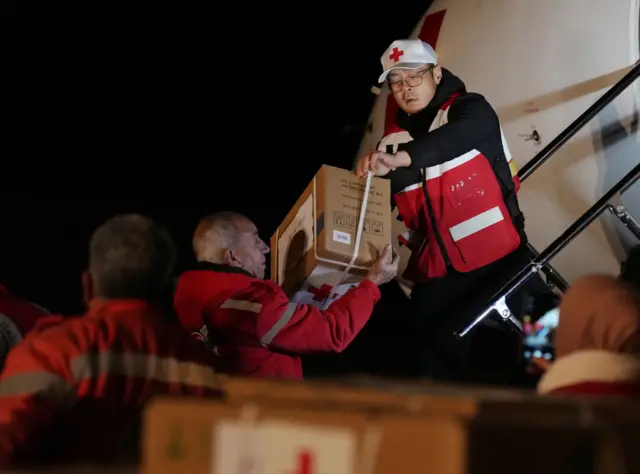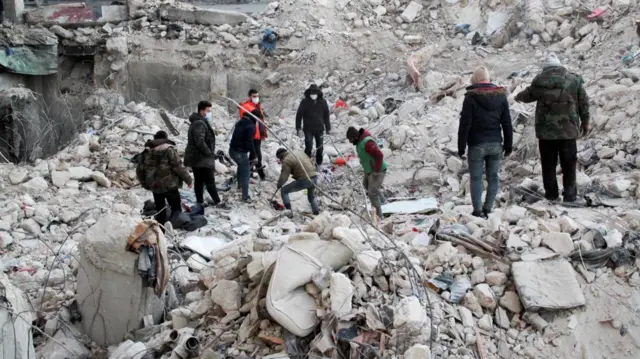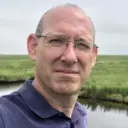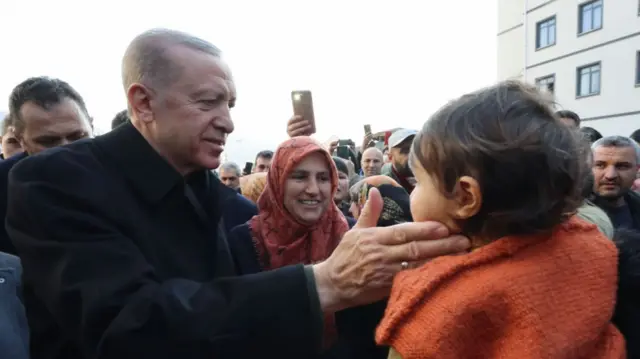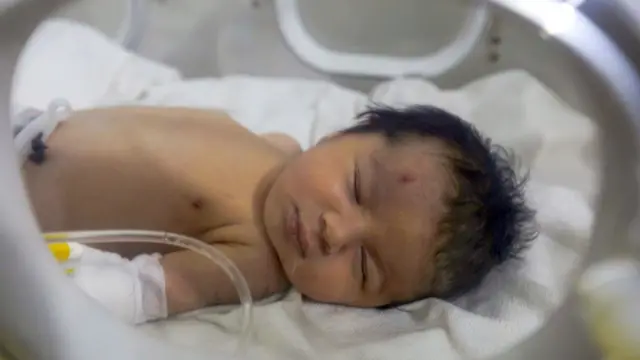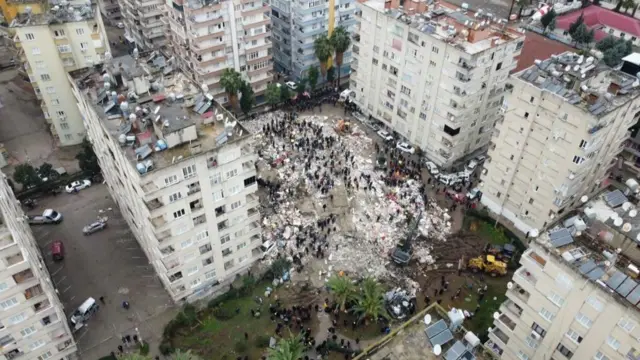In pictures: Scale of quake's devastation in Turkeypublished at 09:18 GMT 10 February 2023
Aerial photos of parts of southern Turkey hit by Monday's earthquake show the scale of devastation following the disaster.
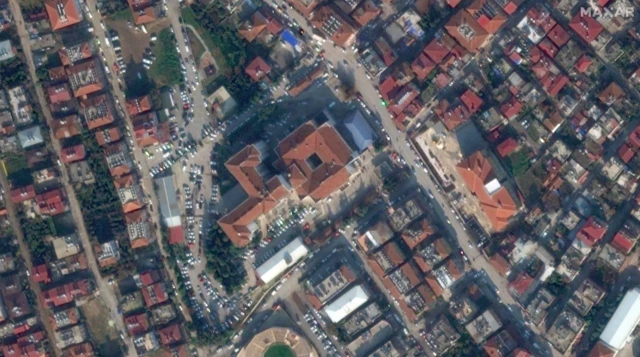 Image source, Maxar Technologies
Image source, Maxar TechnologiesAn aerial photo shows a hospital in Antakya, southern Turkey, in December 2022
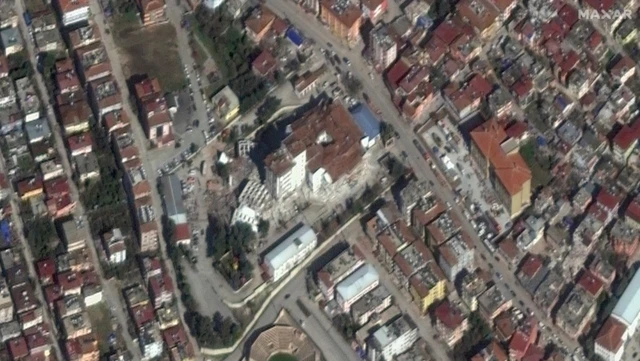 Image source, Maxar Technologies
Image source, Maxar TechnologiesThis aerial photo shows the same hospital after the earthquake, pictured on 9 February
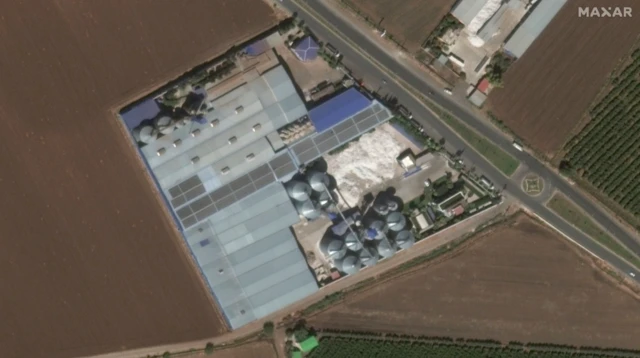 Image source, Maxar Technologies
Image source, Maxar TechnologiesAnother aerial photo shows grain silos in Kirikhan, Turkey, in September 2021
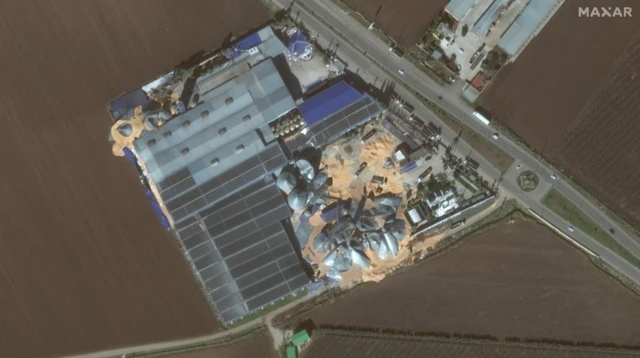 Image source, Maxar Technologies
Image source, Maxar TechnologiesAn aerial photo shows the same grain silos collapsed after the quake, pictured on 9 February

